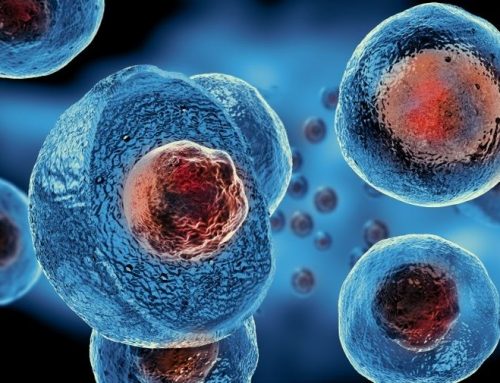Infectious diseases are one of the leading causes of mortality throughout the world. Vaccines provides the most effective way for protection against infectious diseases, which remain an alarming cause of mortality. A vaccine is a suspension containing live, attenuated, modified, or killed microorganisms (or their toxins) that when administered into the body stimulates the body’s immune system to produce specific antibodies against that particular disease. There are several types of vaccines. Vaccines are designed to fight against specific infections like bacterial or viral infection. Vaccines production uses several processes. It may contain live viruses that have been weakened or attenuated) . Sometimes inactive or dead organisms or viruses can also help in vaccine preparation.
To improve the efficacy of vaccines scientists have been developed several processes. For instance, in some infectious diseases it is found that the toxins generated by the pathogen or any subunits of the pathogen act as the virulence factor of causing that disease. So, vaccines can also be developed by processing the virulence factor only instead of using the whole pathogen. Polysaccharide vaccines are one of those vaccines that contain only the polysaccharide which is isolated from the bacterial capsule. Although polysaccharides are immunogenic on their own; conjugation of polysaccharides to protein carriers has been used to improve the immunogenicity of the polysaccharide. Polysaccharide protein conjugate vaccines are primarily used for the prevention of bacterial infections such as typhoid fever and pneumonia.
Undoubtedly, vaccines are one of the greatest public health interventions. The development of vaccines process is exclusively challenging when compared with the other biological products. At I3T, our eminent scientists are dedicated in the development of vaccines against several diseases to improve public health.



